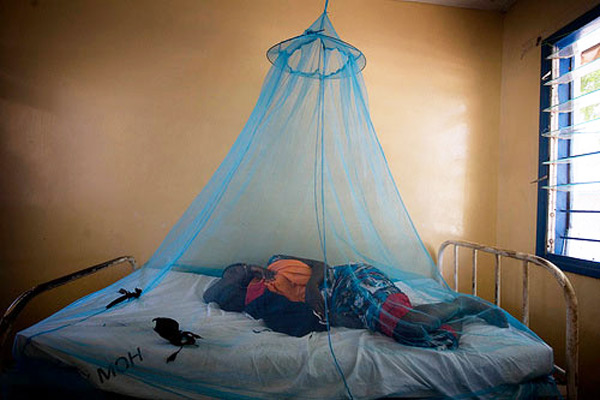
The authors (led by Jenny Hill from the Liverpool School of Tropical Medicine) reached these conclusions by reviewing all relevant studies that investigated the factors that affect pregnant women’s access to malaria treatment and healthcare provider practices for case management of malaria during pregnancy.
In the 37 included studies (mostly from Africa), the authors found that one-quarter to three-quarters of women reported malaria episodes during pregnancy and more than 85% of the women who reported a malaria episode during pregnancy sought some form of treatment. Barriers to access to WHO-recommended treatment among women included poor knowledge about drug safety, and the use of self-treatment practices such as taking herbal remedies. Among healthcare providers, barriers included reliance on clinical diagnosis of malaria and poor adherence to the treatment policy.
Although limited by the sparseness of data and by inconsistencies in study methodologies, these findings highlight the need to develop interventions to improve access to and delivery of quality case management of malaria among pregnant women.
The authors conclude: “A systematic assessment of the extent of substandard case management practices of malaria in pregnant women is required, as well as quality improvement interventions that reach all providers administering antimalarial drugs in the community.”
They add: “Pregnant women need access to information on which anti-malarial drugs are safe to use at different stages of pregnancy.”